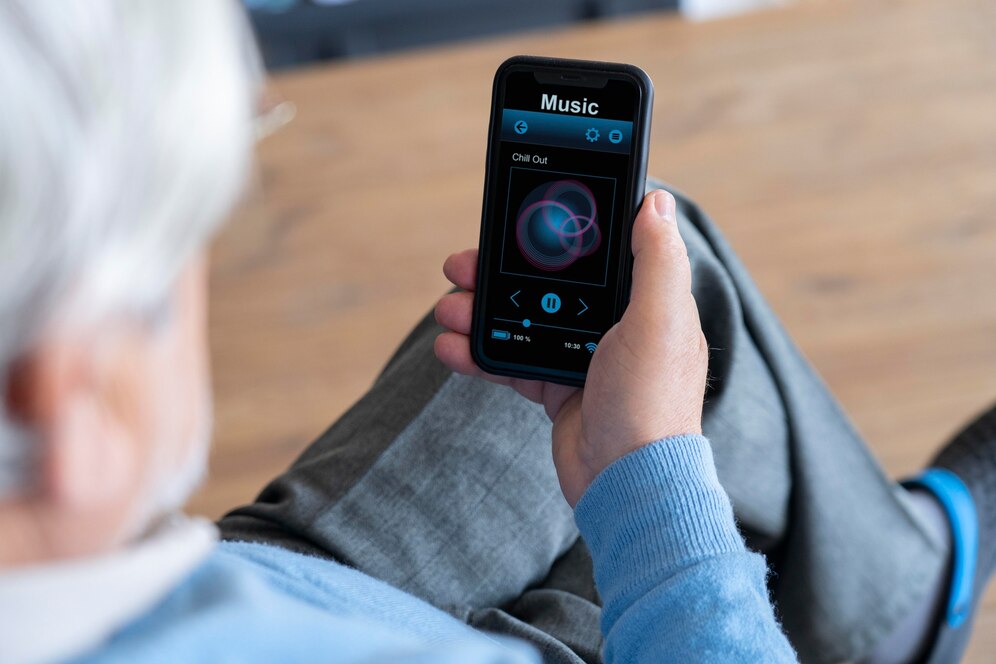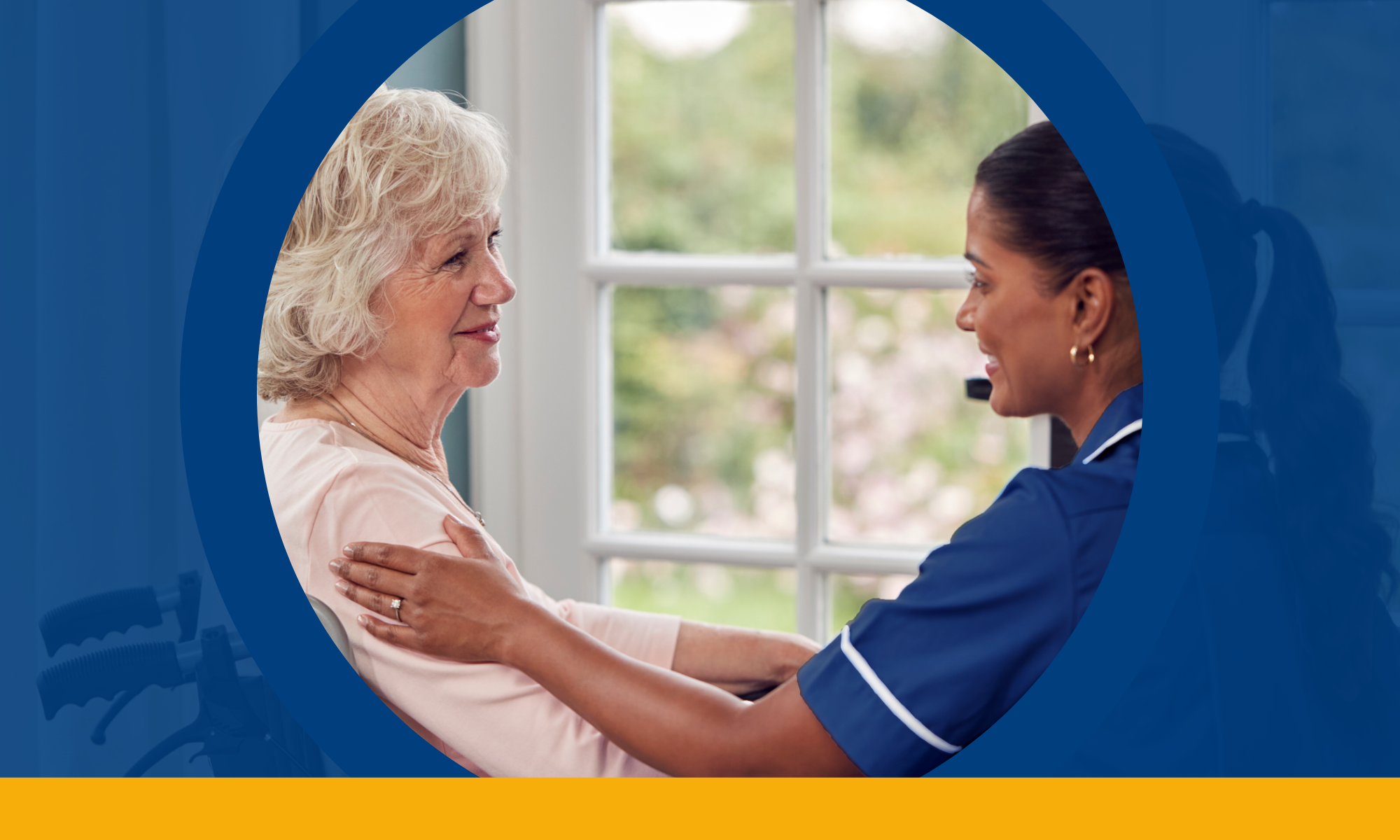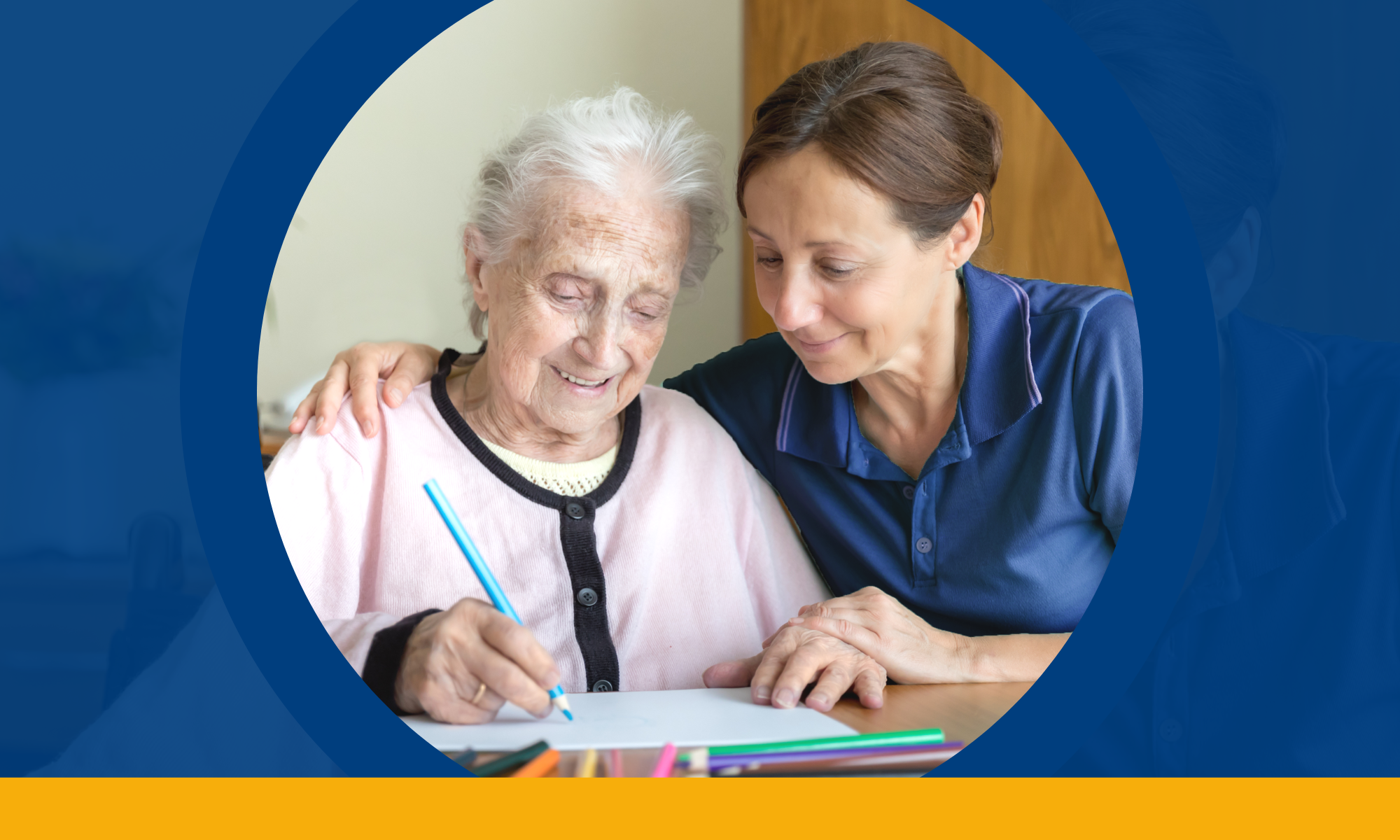Assistive Technology and its Role in Homecare
As homecare needs increase for families and elderly alike, so does the necessity to find solutions to help those being cared for. Assistive technology has become a popular option among families to help them to manage their family care from the comfort of their own homes. From devices designed to detect signs of falls and other emergencies, to apps that aid communication between providers and patients, this technologically advanced solution is playing a more important role now more than ever before. We take a look at assistive technology and its role in homecare and how it assists with aspects of daily living.
The World Health Organisation estimates that:
Today 2.5 billion people need one or more assistive products such as wheelchairs, hearing aids, or apps that support communication and cognition.
1. Mobility and Accessibility
Assistive technology aids mobility and accessibility, together they are essential aspects of homecare, especially for loved ones with disabilities. From motorised wheelchairs to mobility scooters, these devices provide newfound independence and freedom. Ensuring that the home is designed and equipped to accommodate these needs can greatly enhance independence, safety, and overall quality of life.

Mobility and accessibility considerations that can be used at home:
2. Remote Health Monitoring
Remote health monitoring in homecare involves the use of technology to gather and transmit health-related data from patients’ homes to healthcare providers or caregivers. This approach allows for continuous monitoring of a person’s health status, vital signs, and other relevant information without the need for in-person visits to a healthcare facility. It has become increasingly important in modern healthcare, offering numerous benefits for both patients and healthcare providers. This is especially useful for elderly or chronically ill individuals who require regular monitoring.

Key components and aspects of remote health monitoring in homecare include:
Myhomecare and Assistive Technology
At Myhomecare, we are constantly looking for ways to leverage technology to improve the care we provide. Myhomecare has proudly partnered with Isaac Care, to bring innovative and easy-to-use assistive technology to our clients nationwide. Offering a unique combination of technology and care, supporting people to live independently in their own homes. Isaac Care’s technology allows us to provide wraparound 24/7 support to our clients and provides comfort and peace of mind when our dedicated staff and family members can’t be present. It consists of the following features:

Myhomecare’s clinical team continuously monitor changes in health trends over time from information provided by Isaac Care’s assistive technology. The use of data driven decision making and early interventions leads to reduced hospital admissions and better patient outcomes, further enhancing the quality of care delivered by Myhomecare’s team.
By leveraging the benefits of assistive technology, we can provide reassurance, personalised care and support to our valued customers in the setting of their own homes.
3. Environmental Controls
Lights, temperature control, and even appliances can be managed with the touch of a button or with voice commands. This technology offers not only convenience but can allow individuals to control various aspects of their environment, such as opening and closing curtains, adjusting lighting, and operating electronic devices. These tools can drastically improve the quality of life for those with disabilities or physical challenges as they don’t need to move around the house frequently.

Environmental controls that can help life become more convenient at home:
It is clear that assistive technology has numerous benefits when it comes to homecare, whether it’s promoting independence, enhancing safety and mobility, tracking health and improving the overall quality of life for loved ones with disabilities or limitations. By addressing various aspects of daily living and healthcare, Myhomecare uses assistive technology along with the right people with the right skills and knowledge in the right place. This empowers individuals to remain in their homes and communities while receiving the support they need.
Find out more about the packages we have on offer.





















